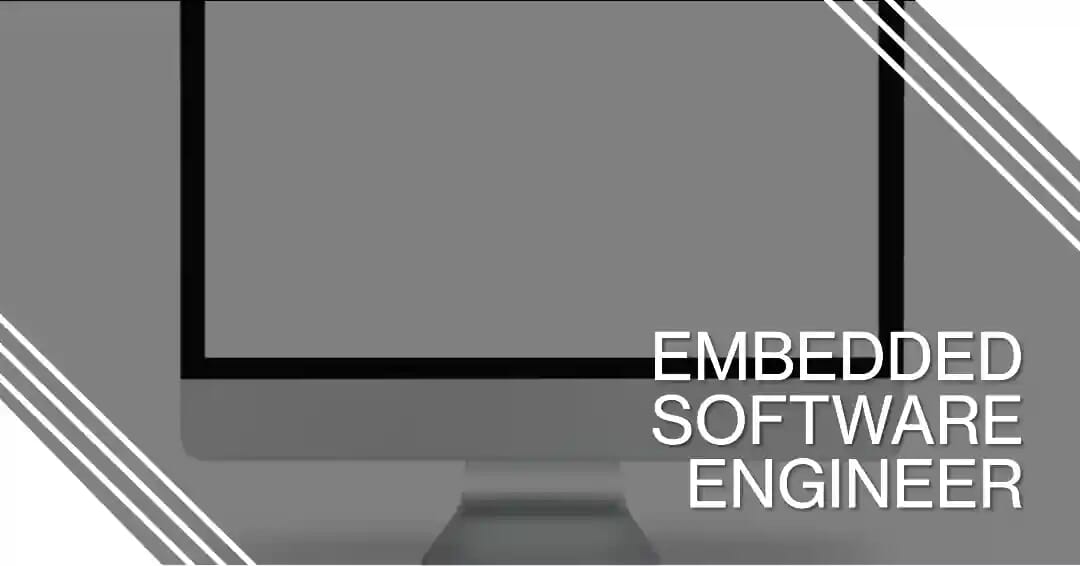An embedded software engineer is a specialized role within the field of software engineering that focuses on developing software for embedded systems. Embedded systems are computer systems that are designed to perform specific functions within larger systems, and they often require software to control their operations. In this article, we will explore the responsibilities and skills of an embedded software engineer, the relationship between software engineering and embedded systems, and the role of the software developer in this domain.

First and foremost, an embedded software engineer is a software engineer who specializes in developing software for embedded systems. They are responsible for designing, developing, testing, and maintaining software that runs on embedded devices such as microcontrollers, microprocessors, and other hardware components. These devices are commonly found in various applications, including consumer electronics, automotive systems, medical devices, industrial control systems, and more.
The work of an embedded software engineer involves understanding the hardware constraints and requirements of the embedded system and designing software solutions that optimize performance, memory usage, and power consumption. They need to have a deep understanding of programming languages, such as C and C++, as these languages are commonly used for developing embedded software due to their efficiency and low-level control capabilities.
Embedded software engineers are also involved in the entire software development lifecycle. They collaborate with cross-functional teams, including hardware engineers, system architects, and project managers, to define software requirements, develop software architectures, and integrate software with the hardware components. They write code, debug and troubleshoot issues, perform unit testing and system integration testing, and ensure the software meets the specified requirements and quality standards.
The role of an embedded software engineer goes beyond just writing code. They need to have a solid understanding of the underlying hardware and its interactions with the software. This includes knowledge of hardware interfaces, communication protocols, device drivers, and real-time operating systems (RTOS) that are often used in embedded systems. They must also consider factors like timing constraints, resource limitations, and safety and security requirements specific to the embedded environment.
Software engineering, in general, is a discipline that focuses on the systematic approach to developing, deploying, and maintaining software systems. It encompasses various principles, methodologies, and practices to ensure the software is reliable, scalable, maintainable, and meets the user's needs. Embedded software engineering is a specialization within this broader field, catering specifically to the unique challenges and requirements of developing software for embedded systems.
The software developer, on the other hand, is a broader term that encompasses professionals involved in software development across different domains and applications. While embedded software engineers are a subset of software developers, the latter term can refer to professionals who develop software for a wide range of systems and platforms, including web applications, mobile applications, desktop software, and enterprise systems.
Both software engineers and software developers share similar core skills and competencies. They need to have a strong foundation in programming, algorithms, data structures, and software design principles. They should be proficient in using software development tools, version control systems, and debugging techniques. Additionally, they need to have a solid understanding of software development methodologies, such as agile or waterfall, and be able to work collaboratively in a team environment.
However, embedded software engineers have a specific focus on developing software for embedded systems, which requires additional knowledge and skills. They must have a deep understanding of the hardware-software interface and be able to optimize software performance in resource-constrained environments. They should be familiar with low-level programming and have expertise in working with microcontrollers, real-time systems, and other specialized embedded technologies.
In conclusion, an embedded software engineer is a specialized software engineer who develops software for embedded systems. They play a crucial role in designing, developing, and maintaining software that controls the operations of embedded devices. While software engineering is a broader discipline that encompasses software development in various domains, embedded software engineering focuses specifically on the unique challenges.



